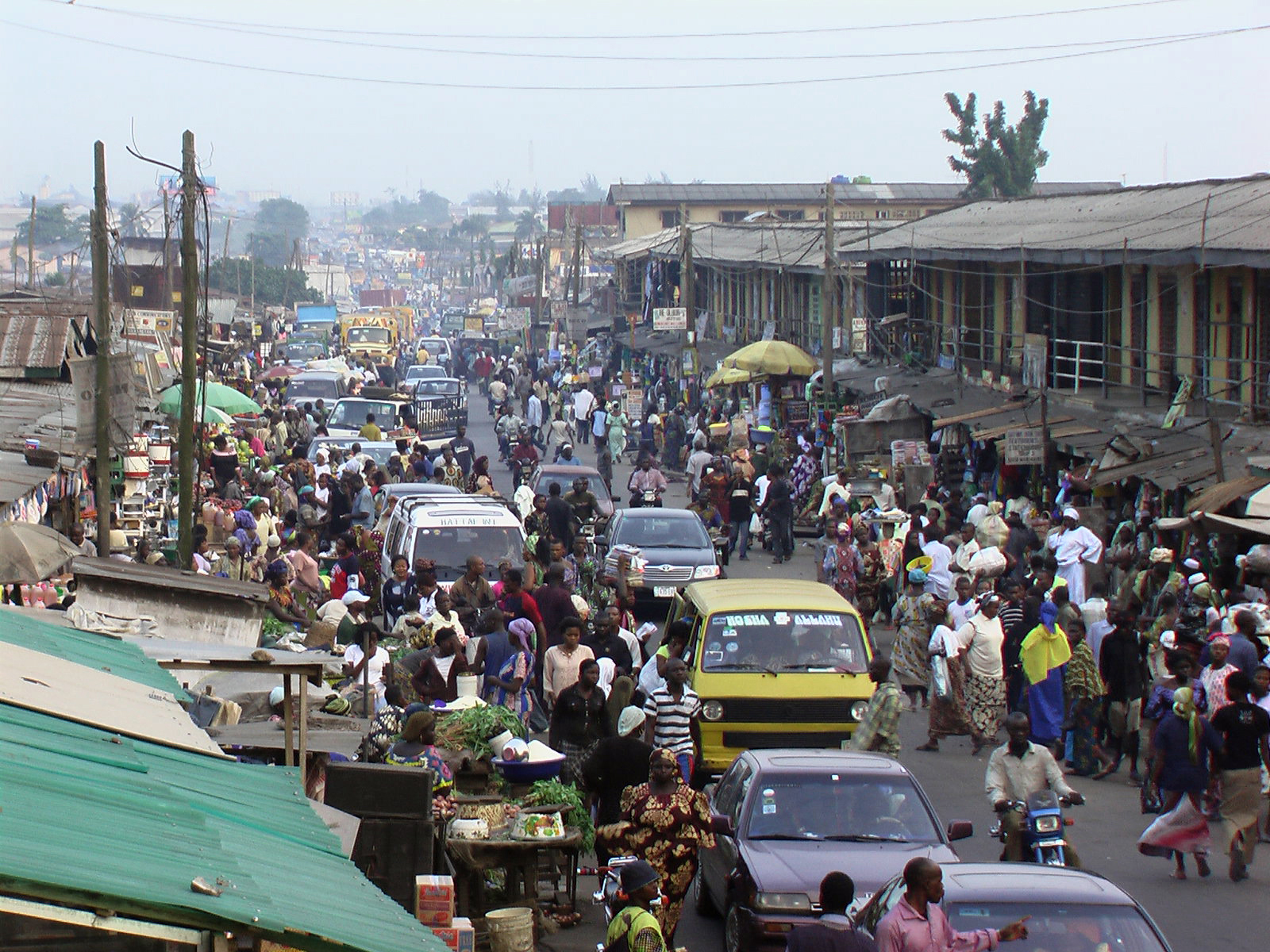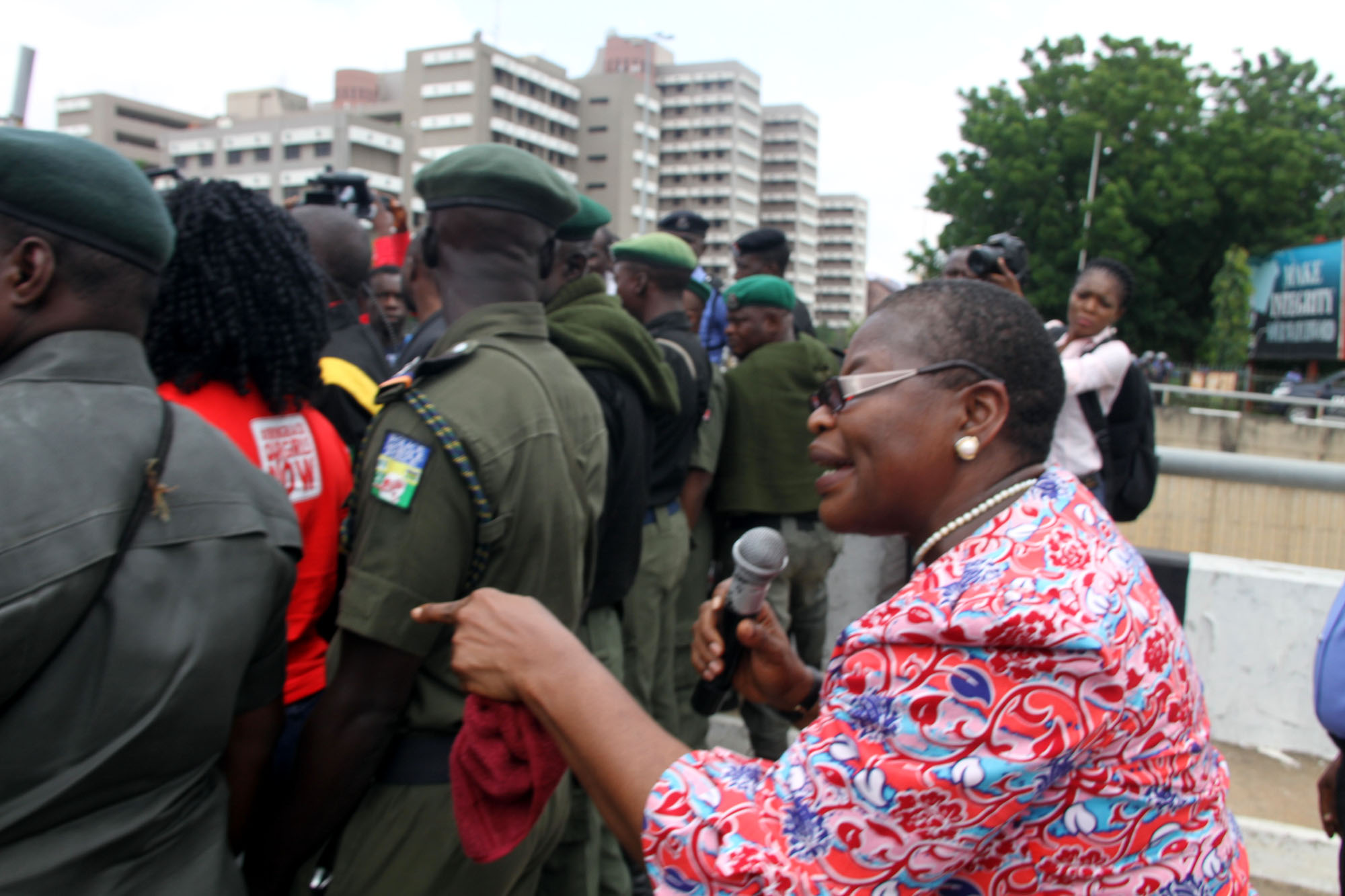There is a notion that the reason why God hasn’t allowed earthquakes or tsunamis in Nigeria is because he loves Nigeria so much. While I do not dispute God’s love for Nigeria, I do not think that God doesn’t love those countries that have experienced catastrophic earthquakes and natural disasters.
Despite not been in an earthquake-prone belt, recent geological events suggest an imminent earthquake – one which could have a large magnitude – in the south western part of Nigeria.
Two recent events suggest this: the tremendous earth tremors noticed in Saki, Oyo State, and in Bayelsa State. While that of Saki resulted in pandemonium, the tremor in Bayelsa damaged many buildings.
Professor Adekunle Adepelumi, of the Obafemi Awolowo University, seems to have a better understanding of what went on in Saki than most Nigerians. Adepelumi rightly observed that the origin of this tremor – also known as epicenter – was in the Atlantic Ocean. And this renders coastal cities in the south west susceptible to tsunamis and earthquakes.
Advertisement
Though earth tremors occur every day, it is only when a tremor exceeds 5 on the moment magnitude scale [not the famous Richter scale] – a scale between 0 to 10 – that it is referred to as an earthquake. And when this earthquake – which is a movement in the earth crust – occurs under the seabed, it results in a tsunami.
The probable cause of the tremor in Saki renders Lagos and the south west vulnerable. Last Friday (on the 19th of August, 2016), the US Geological Survey announced that a 7.4-magnitude quake shook the southern Atlantic Ocean. The agency went further to say that the quake had an epicenter of 316 km from islands hosting a British Antarctic research station and occurred at a depth of 10 km beneath the earth crust.
The tremor in Saki, which occurred a few weeks ago and had its epicenter in the Atlantic Ocean, might be strongly related to the kind of quake announced by the US Geological Survey – the Atlantic Ocean seems to have an active plate motion in its seabed.
Advertisement
With this rare but severe quake, which is likely to reoccur in the Atlantic Ocean, Lagos, a very important city bordering the Atlantic Ocean, needs to be at alert. An unconfirmed report states that Lagos has observed more than four tremors, while the south west has had over 21 tremors this year. Professor Adepelumi forecasts that a serious earthquake might occur by 2020 in Nigeria.
As Nigerians, we shouldn’t be caught napping. Here are some measures that residents of the south west, and even other coastal states in Nigeria, should take.
One, it should be noted that earthquakes don’t kill people, but the rubbles from collapsed buildings, after an earthquake, do. Thus, the kind of response observed in Saki last week, where people ran into buildings during the earth tremor, is a very dangerous response. So, when next you observe earth tremors, make sure you remain in open areas.
Two, if you live in an area like Saki, for example, make sure your shelves, cabinets and TVs are firmly attached to the walls. Keep heavy objects away from beds and locate a safe place to take refuge from falling objects in your home. It is the falling off of heavy objects that actually kill people during quakes.
Advertisement
Three, if you are in a car and notice an earth tremor, remain in the car. And if you are somewhere near the big water bodies, such as Bar Beach for instance, drive away as quickly as possible in case a tsunami occurs.
The fourth advice applies to property developers and owners. The effects of earth tremors and quakes are more significant on tall buildings. For example, if a tremor, of a magnitude 5, where to occur underneath the Cocoa Building in Ibadan, the building might go down in seconds. [Some reports say the tremor observed in Saki had a magnitude of 2.3]. So, if you are constructing a building, which is higher than 3 floors, ask your engineer to retrofit the building against ground vibrations.
Five, in regions like Saki, and other regions close to the Atlantic Ocean, it is advisable to build bungalows. If you build a bungalow the way you would build a storey building – with big foundations, columns and beams – it performs well during earth vibrations. This could cost you more, though. The Church of Jesus Christ of Latter-day Saints [The Mormons, Mitt Romney’s church], in Nigeria, adopts this strategy in all their buildings. Their church buildings, though mainly bungalows, are stronger than most storey buildings.
Six, major companies in areas bordering the Atlantic Ocean should have emergency kits in their premises. The National Emergency Management Agency (NEMA) should facility this awareness. Such kits can make a difference should the unexpected happen.
Advertisement
Prevention, they say, is better than cure. Nigeria should pay attention to earthquake research and forecast. I remember as a PhD student, I met a young researcher who was able to forecast the number of earthquakes that would occur in 2010. It is not rocket science!
And more importantly, Nigeria’s building and design codes should be updated to include earthquake resistant designs and construction. As a civil engineer, I know that our building design code, which is actually a copy of the British Code, does not envisage earth tremors.
Advertisement
Ebuka Nwankwo
Advertisement
Advertisement
Views expressed by contributors are strictly personal and not of TheCable.
1 comments







These are real Environmental concerns, I hope we could put some preventive measures in place to mitigate these projections.